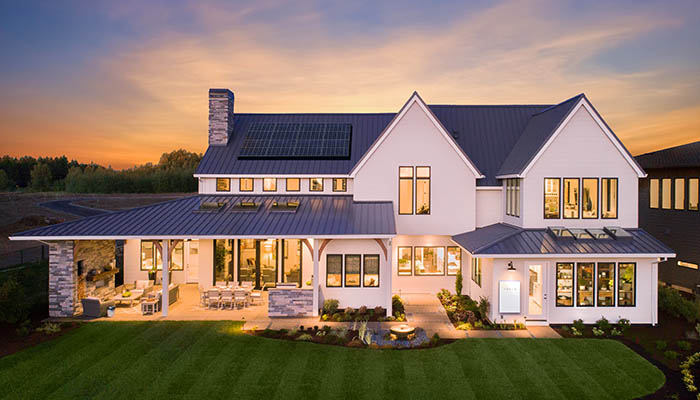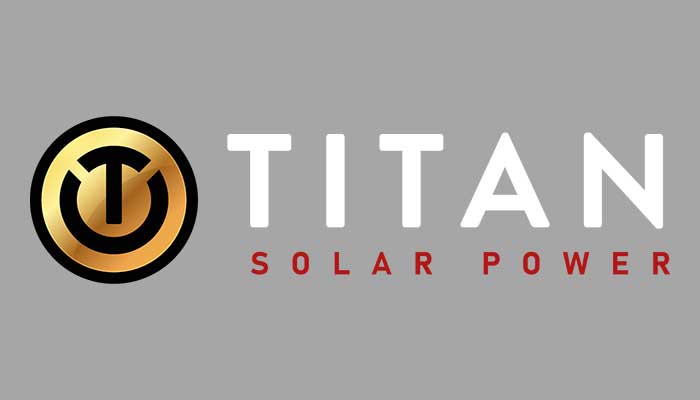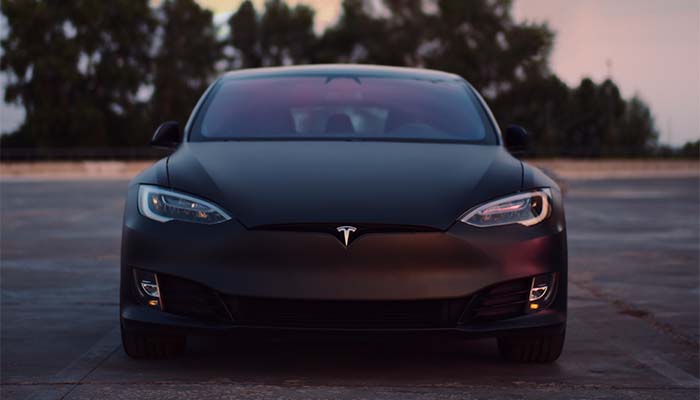
Updated January 26, 2022
When considering upgrading your home to solar panels, the cost is one of the primary determining factors for most homeowners. Contractors would love to give you an exact dollar amount, but determining a price can be a little complicated. In addition, every system is custom-designed to meet the home’s specific needs, creating several variables impacting the final cost.
This article will discuss several factors that contribute to the final price of solar panel installation, including potential federal tax incentives.
Table of Contents
Installation
There’s a variety of types of solar panel installations, with roof mounts being the most common. However, ground mounts and carport installation may need additional steps, including anchoring posts into the ground. Sometimes, this adds to the final price because of higher labor and component costs.
Size of the System
Solar panels come in various sizes and can play a significant role in determining the cost of installing solar panels. Their size is measured in kilowatts, which measures the maximum power they can produce under the best circumstances.
The size of the system your home needs is dependent on how much electricity is used and how much you want to cut your electric bill. Higher energy consumption requires a more extensive system to cover the energy used. However, bigger systems may cost less per watt since the equipment is purchased in bulk and the overhead expenses are spread across larger structures
Roof Angle and Roof Type
When a solar panel is installed, it’s crucial to position the solar panels to allow maximum sun exposure. When the roof is already angled, this isn’t a problem. However, a flat roof can create a hurdle. The contractor needs to build scaffolding so the panels can be placed at an angle, which increases the installation cost.
The type of material your roof is constructed of will influence the method used to hold the panels in place. For example, some contractors may charge a higher price for certain roofing materials because they cost more and require more work.
Structural Integrity
Older homes may need structural adjustments before you can successfully install solar panels. Failure to make these adjustments can cause the solar panels to need reinstalling because of damage to the panel or associated wiring.
Price of Licenses
Every area has its own regulations surrounding the installation of solar panels. Sometimes, the contractor pays more than the average cost or spends more time getting a license. In these instances, the contractor may transfer the extra costs of this process to the homeowner, increasing the overall final cost of installing the solar panels.
Sun Exposure and Weather Elements
The environment surrounding your home is another essential factor. For example, how much shade is produced in your yard impacts how many panels will be needed and their placement. Areas exposed to more sun will likely create more energy with fewer panels. In contrast, shadier areas will require more panels to produce the same power.
Additionally, weather patterns in your area influence solar panel installation. Solar panels are an ideal solution in locations where the sun shines daily. However, regions prone to cloudy skies or snow will not see many benefits. Today, solar panels are designed to accommodate these variables and impact the equipment needed to produce energy for your home.
Type of Equipment
The brand of equipment used will impact the final cost of the solar panel installation. Some manufacturers’ panels are more of an investment than others, but it doesn’t always equal better performance.
In addition to the brand, other pieces of equipment like inverters and racking systems also influence the final cost of installation. The weather conditions in your region, like hurricanes or heavy snow, may require more sturdy racking set-ups, which adds to the final price.
Tax Incentives
City authorities and governments may offer residents incentives for installing solar panels in their homes. For many, these incentives help decrease the overall cost. However, certain situations make these incentives null and void, forcing the contractor to charge the additional fees to the homeowner.
It’s important to remember that regardless of any incentives you may receive, in the end, you’ll save more money on energy bills throughout the years.
Additional Costs to Consider
While gathering information for your solar panel project, there are additional factors to consider for your budget.
Operational Costs
Once the solar panels have been installed, they will need maintenance and monitoring. On average, solar panel maintenance and repair cost is between $200 and $1200, depending on what is required. Regular cleaning and annual inspections can range between $100 to $150.
Options for Financing
When creating your plan for purchasing solar panels, don’t forget to ask about financing options your contractor may provide. If you take out a traditional loan, you may pay more than the original cost of the solar panels. However, financing may take the strain off your budget and allow you to complete the project sooner.
Another question for your contractor is about solar leasing. Some companies allow you to lease solar panels, similar to leasing a car. You would rent the panels for a pre-determined length of time, with the average being around 25 years.
The biggest difference between financing and leasing is that financing allows you to own the panels, making you eligible for federal and state incentives. If you choose to finance your solar panel project, research every option. Check credit unions and other local lenders, asking if they’ll put a lien on your home. If so, refinancing in the future can be more of a challenge.
Assess The True Costs Of Solar
The initial investment for solar panel installation is significantly high. But over the years, the panels will begin to pay for themselves. Solar panels have been proven to reduce energy bills by 50 percent.
Over 25 years, this could equal a savings of up to $40,000! In addition, you may even continue to receive tax incentives from the federal or your local government. Now, more than ever, the choice to go solar is the right move for your home, your wallet, and our planet.
Sources:



